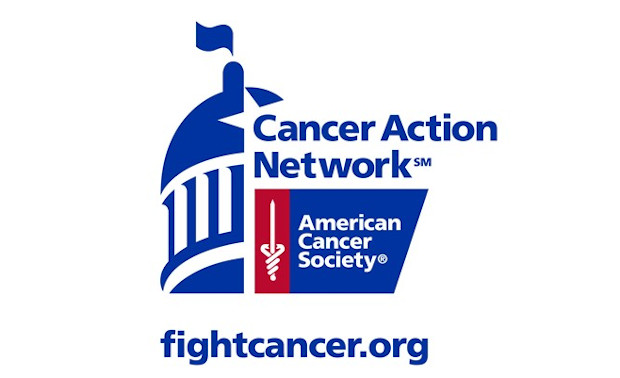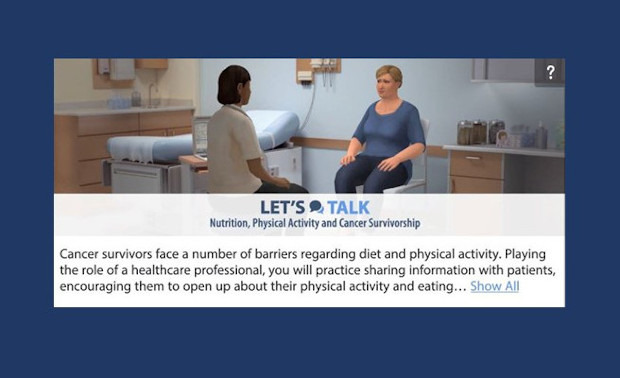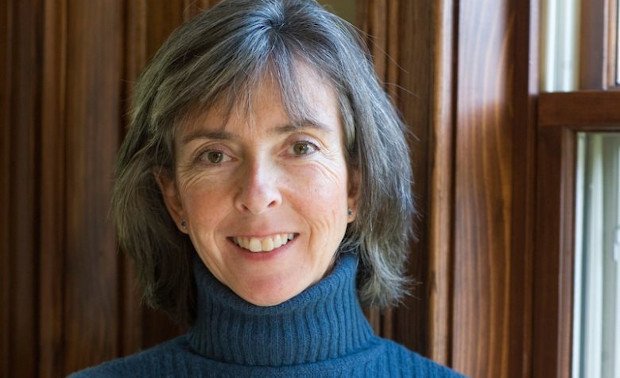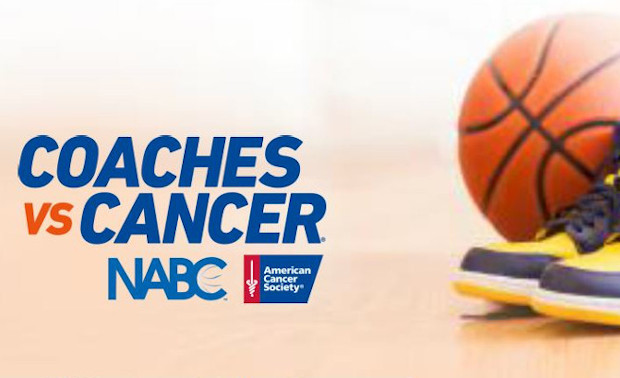A new ACS study reports that early in the 2020 pandemic in the U.S., one-third of cancer survivors worried about treatment and cancer care disruptions.
Using a mixed methods approach, investigators utilized survivors’ own words to more deeply describe their experiences and worries about the pandemic’s impact on their overall health.
The article, appearing in the Journal of Psychosocial Oncology, finds the impact of the pandemic on cancer survivors and the broader health care system is widespread and exacerbated by serious gaps in the health care system.
For this study, investigators led by Corinne Leach, MPH, MS, PhD, and colleagues, examined cancer survivor worries in relation to treatment, infection, and finances early in the U.S. pandemic. Data for this study came from a survey dated March 25 to April 8, 2020 from the 2019-2020 American Cancer Society Cancer Action Network’s (ACS CAN) Survivor Views Panel.
“This study demonstrates the importance of clear communication between healthcare providers and patients experiencing concerns and uncertainties that may affect mental health during the pandemic as the care provision landscape continues to change,” said Dr. Leach.
Key findings from this study include:
- Many survivors experienced disruptions in health care treatments.
- 77% worried they are high risk for serious health impact and were concerned about ICU admission or death if infected with COVID-19.
- 27% worried the pandemic will make it hard to afford cancer care. Respondents shared concerns of deciding what would be most important in terms of having medicine or food.
- The fear of getting sick and uncertainty over just how worried survivors should be because of COVID was pervasive for cancer survivors, leading to reported self-induced measures to reduce their risk of infection, such as social distancing and mask wearing.
- Many respondents described social isolation, including overall loneliness and feelings of being isolated due to social distancing, during the COVID-19 pandemic.
An unanticipated theme that emerged in the qualitative analyses was the concern expressed by survivors around the inability to bring a companion to in-person appointments. Although participants understood and respected the decision of healthcare systems to institute measures to protect staff and patients from COVID-19 infection, survivors seemed to be caught off-guard by the new rule, especially when receiving bad news, such as a cancer recurrence.
Here are quotes from three of the 972 people surveyed:
- “There is now SO MUCH MORE ANXIETY! I question everyone in my life in ways that I've never done before. No one comes in or out of my home. My husband (who works in a grocery store) moved out. I'm living in total isolation. Having to decide whether to move forward with treatment and risk contracting COVID-19 or stop treatment and let my cancer grow has been difficult. It's like trying to decide if I want to die by heart attack or stroke. There's no good option!” - 32-year-old female rectal cancer survivor in treatment
- “I am incredibly worried to go out in public, even to my oncologist's office, in fear that if I am infected, I am at a higher risk for serious impact. I was scheduled to have an MRI next week as routine follow up, but was recommended to postpone it until May due to COVID-19.” - 32-year-old female lung cancer survivor
- “My surgery is reconstruction. It's considered non-essential, but it is essential to me… I hate this COVID-19, its ruining everything for me. I was ready to move forward with surgery. I am disappointed they are postponing everything.” - 50-year-old breast cancer survivor
“The delays and cancellations noted by cancer survivors in the survey highlight the need for policy interventions and new delivery models that make it safe for cancer patients to receive care, and the need for public policies that address the financial worries associated with the pandemic,” write the authors.
Those policies include increasing federal Medicaid funding to ensure people can get health coverage should they find themselves uninsured, continuing to offer and increase funding for Centers for Disease Control and Prevention cancer screening programs, and providing $15 billion to NIH to restart stalled clinical trials.
*Shared from MySocietySource.




































